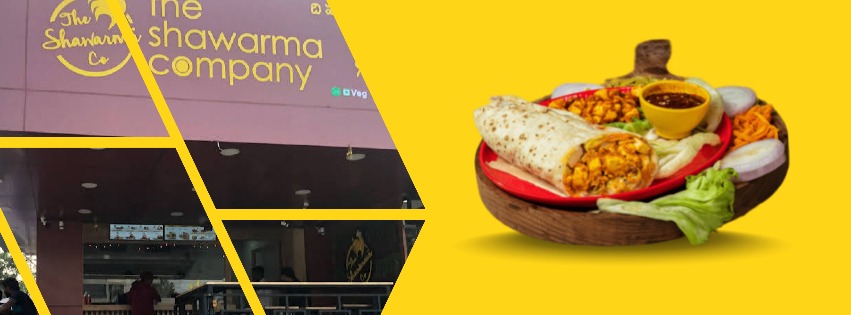
Franchise vs. Independent Restaurant Ownership
Here’s a comparison between the two to help you make an informed choice:
1. Initial Investment:
- Franchise: Franchises usually require a Minimal initial investment includes franchise fees, royalties, and other associated costs. However, the investment often comes with a proven business model and brand recognition.
- Independent: Independent restaurants generally require a lower initial investment since there are no franchise fees. Owners have more flexibility in budget allocation.
2. Brand Recognition:
- Franchise: Franchises come with built-in brand recognition. Customers are more likely to trust and visit a restaurant chain they are familiar with.
- Independent: Independent restaurants need to invest in marketing and branding efforts to establish their name and attract customers. Building a loyal customer base takes time and consistent effort.
3. Business Support:
- Franchise: Franchisors provide training, operational guidelines, marketing support, and ongoing assistance. Franchisees benefit from the franchisor’s experience and support network.
- Independent: Owners have full creative control but must handle all aspects of the business themselves, including marketing strategies, menu development, and staff training.
4. Operational Freedom:
- Franchise: Franchisees must adhere to the franchisor’s guidelines, limiting creative and operational freedom. Any significant changes require approval from the franchisor.
- Independent: Owners have complete control over the menu, decor, and operational processes. They can adapt quickly to market trends and customer preferences.
5. Profit Sharing:
- Franchise: Franchisees typically pay royalties and a percentage of their profits to the franchisor. This reduces overall profit margins.
- Independent: Owners keep all the profits but bear the entire financial burden and risk.
6. Risk and Failure:
- Franchise: Franchises have a higher success rate due to established business models and support systems. Failure rates are generally lower compared to independent restaurants.
- Independent: Independent restaurants face a higher risk of failure due to the lack of brand recognition and support. Success depends largely on the owner’s skills and market conditions.
7. Flexibility and Innovation:
- Franchise: Franchises may have limitations on menu changes and business innovations, as these decisions often require approval from the franchisor.
- Independent: Owners have the flexibility to experiment with menu items, decor, and marketing strategies without any restrictions.
8. Long-Term Goals:
- Franchise: Franchises offer a structured path for growth and expansion, allowing franchisees to open multiple locations under the same brand.
- Independent: Independent restaurant owners can expand as well, but it often requires more effort in terms of marketing, funding, and operational management.
Ultimately, the choice between franchise and independent restaurant ownership depends on your goals, budget, risk tolerance, and the level of control and support you desire. Each option has its advantages and challenges, so carefully consider your resources and preferences before making a decision
What Shawarma co offer?
- An opportunity to break into one of the fastest growing fast casual sectors.
- Proprietary recipes, ingredients and sauces
- A proven business model which takes the stress out of starting from scratch
- Modern and appealing store design that reflects our brand identity
- Established logistics and supply chain
- Hands-on training and ongoing operational support